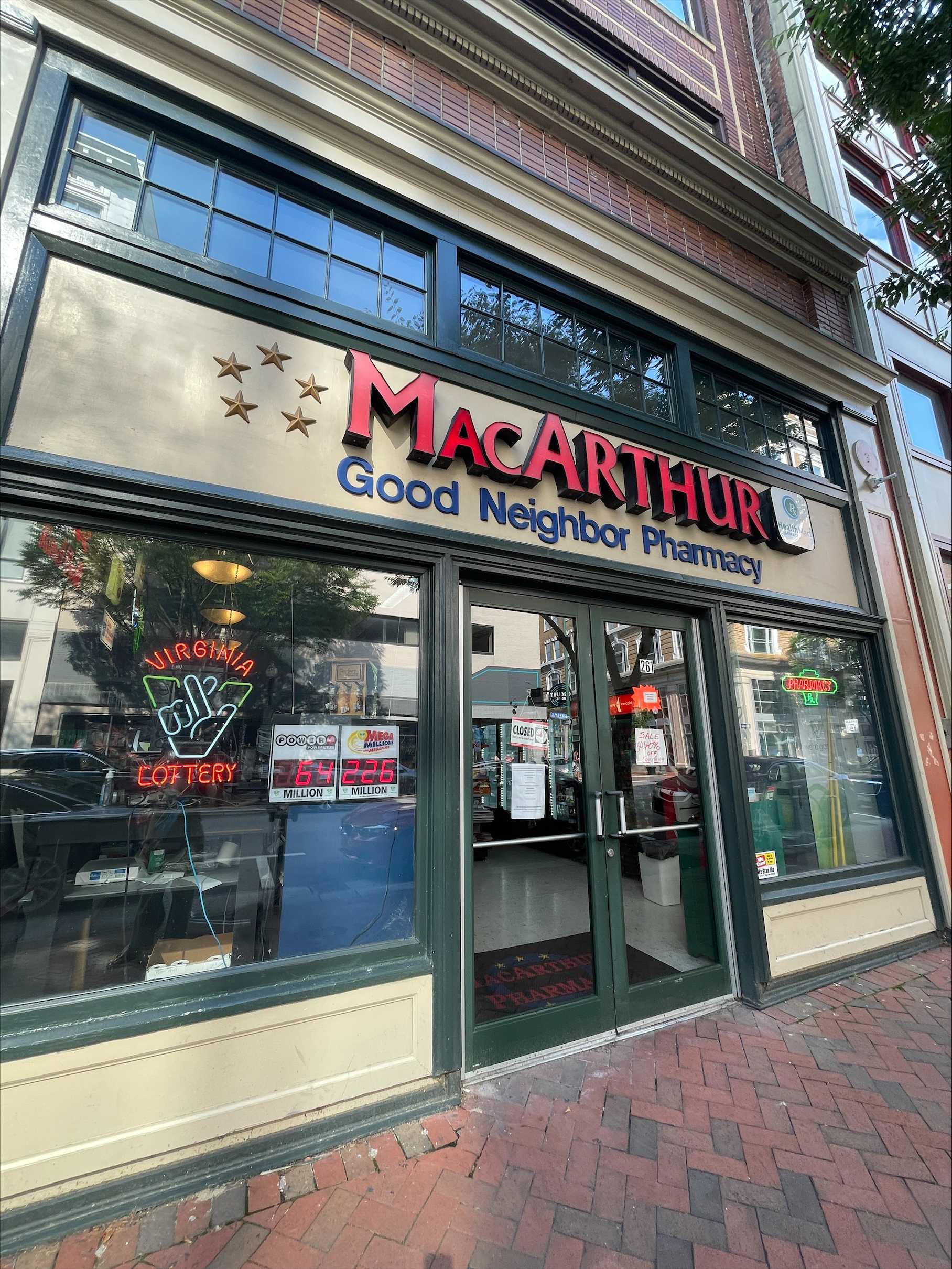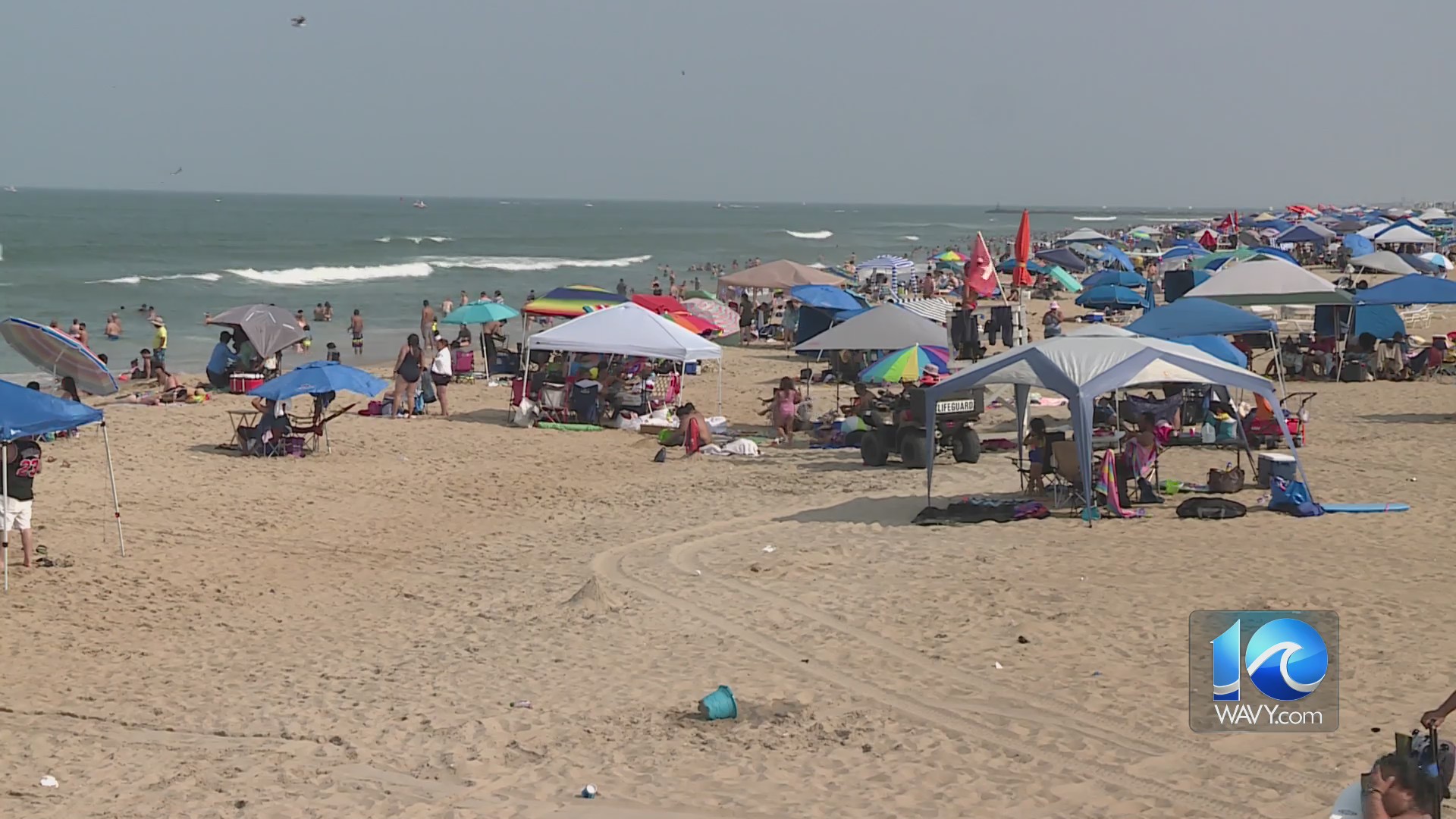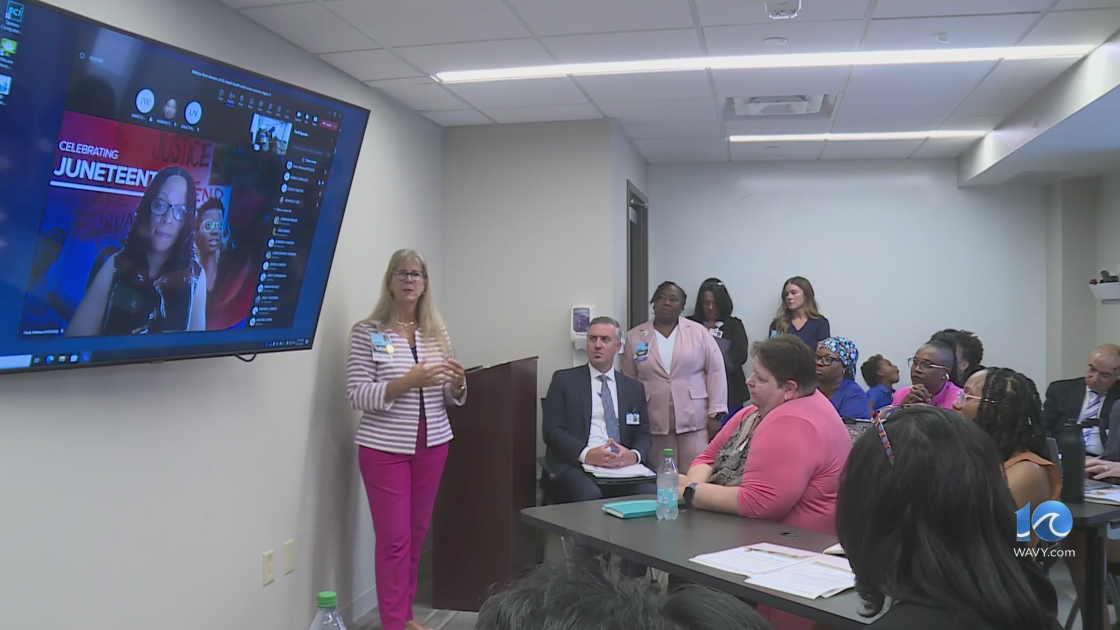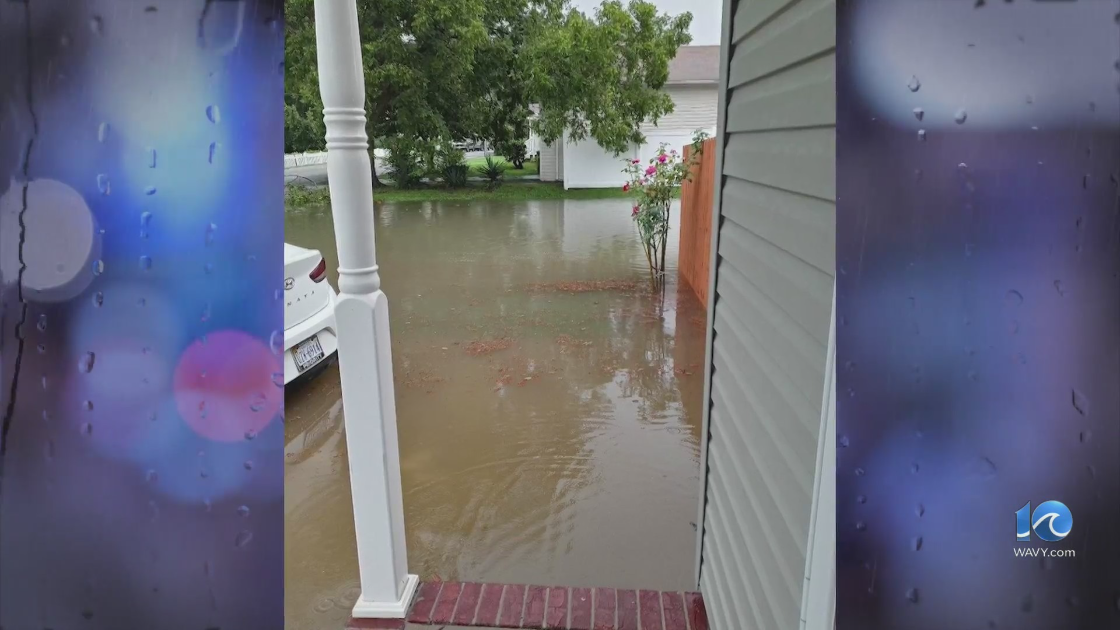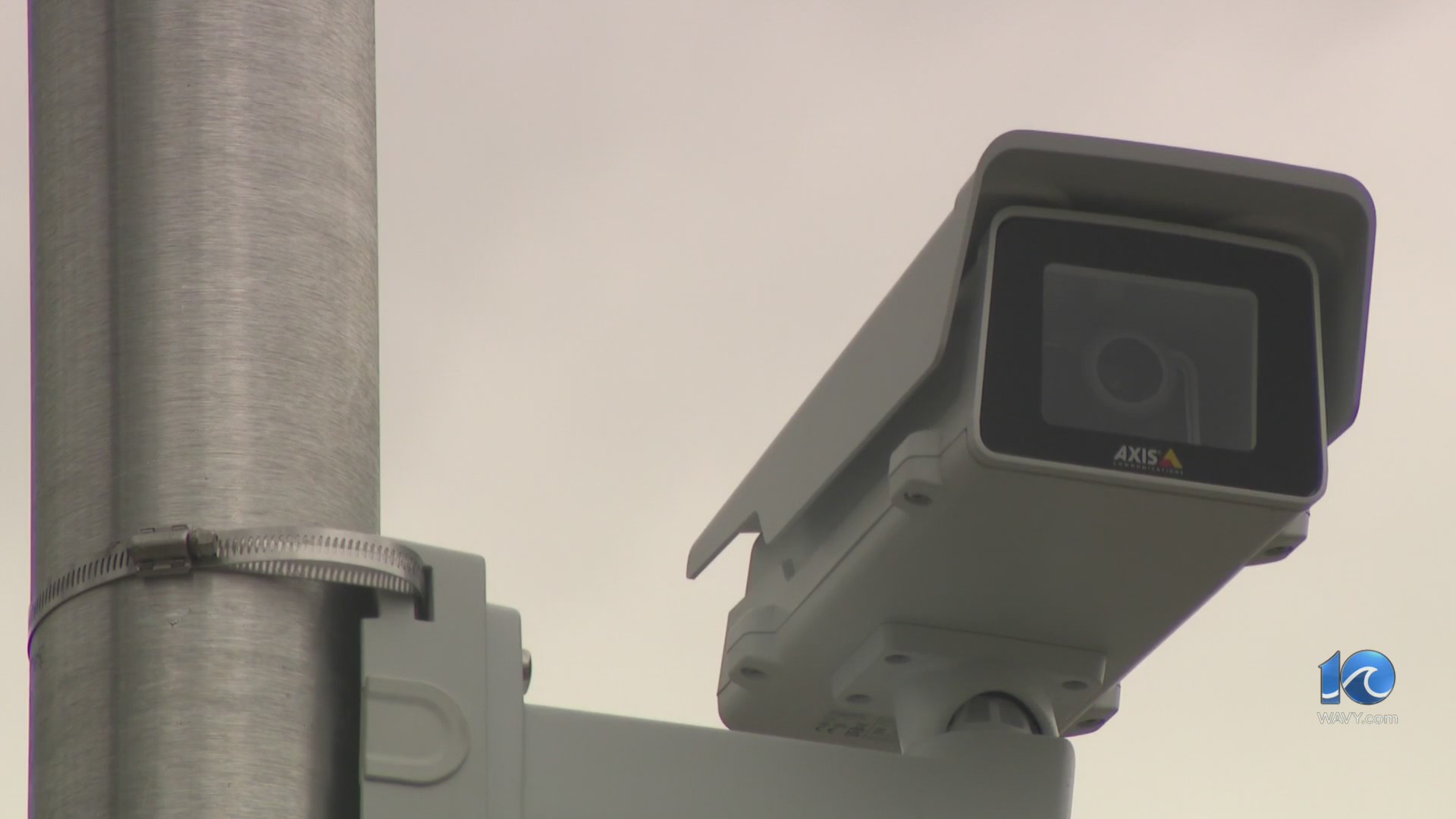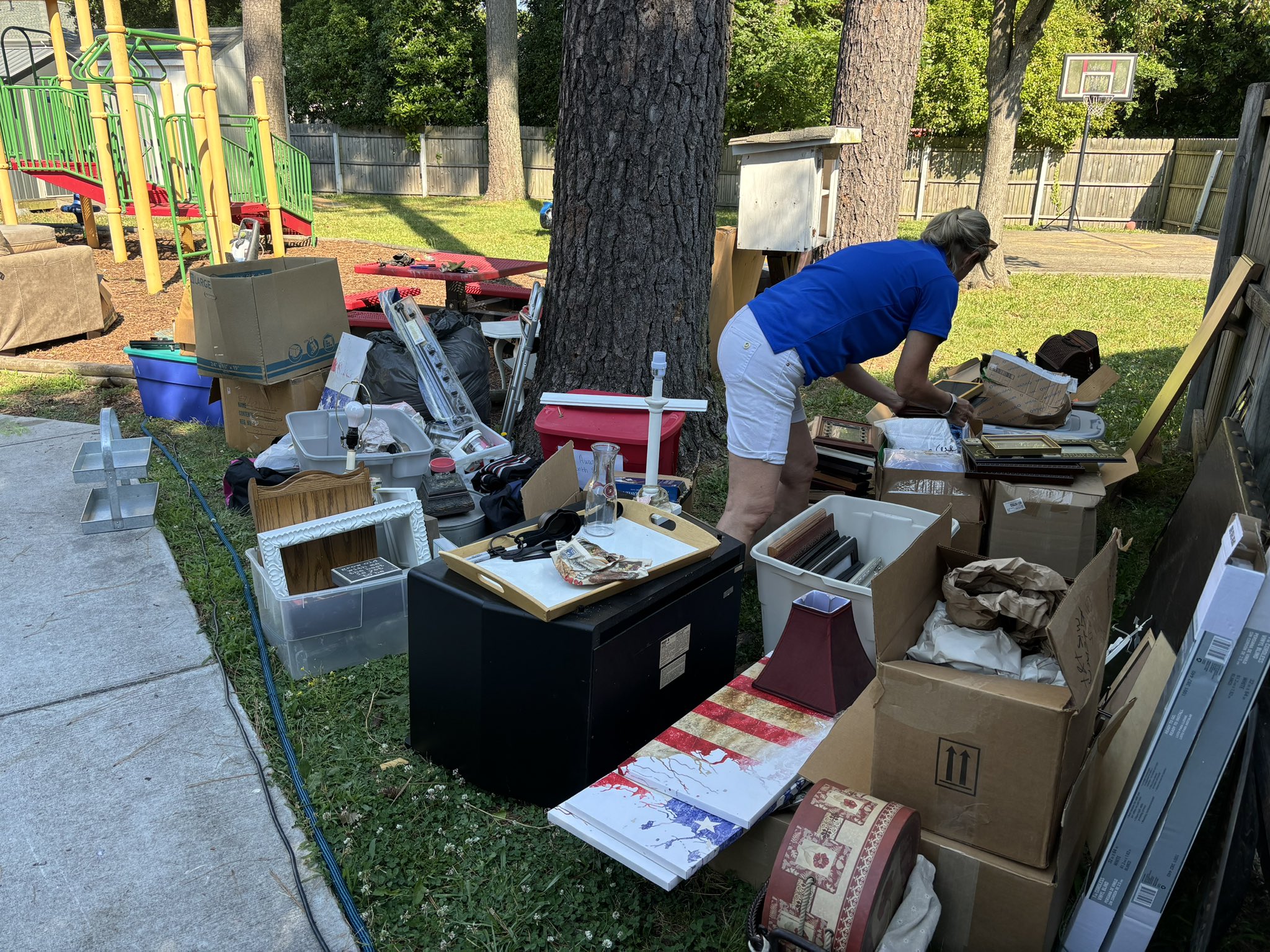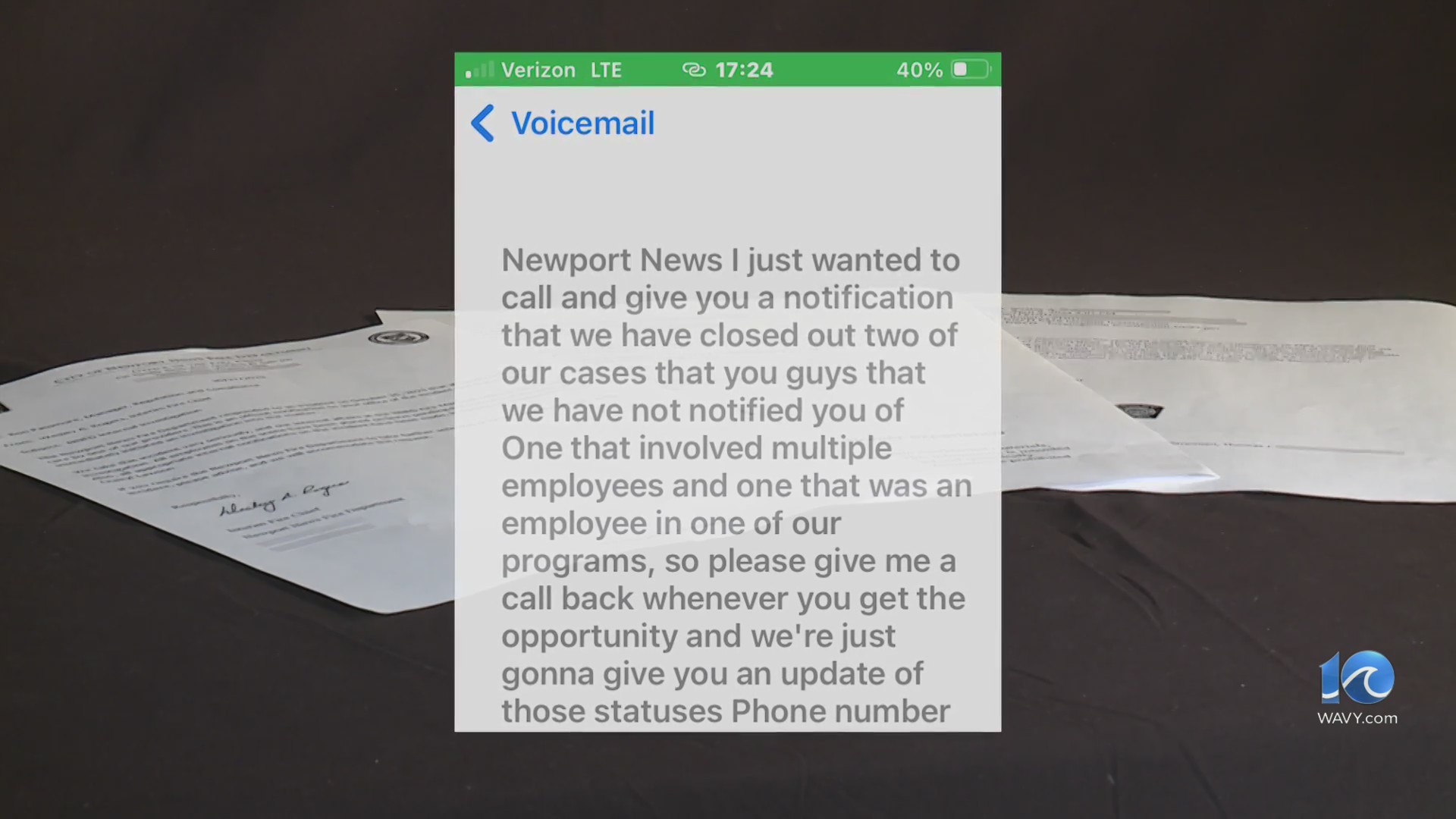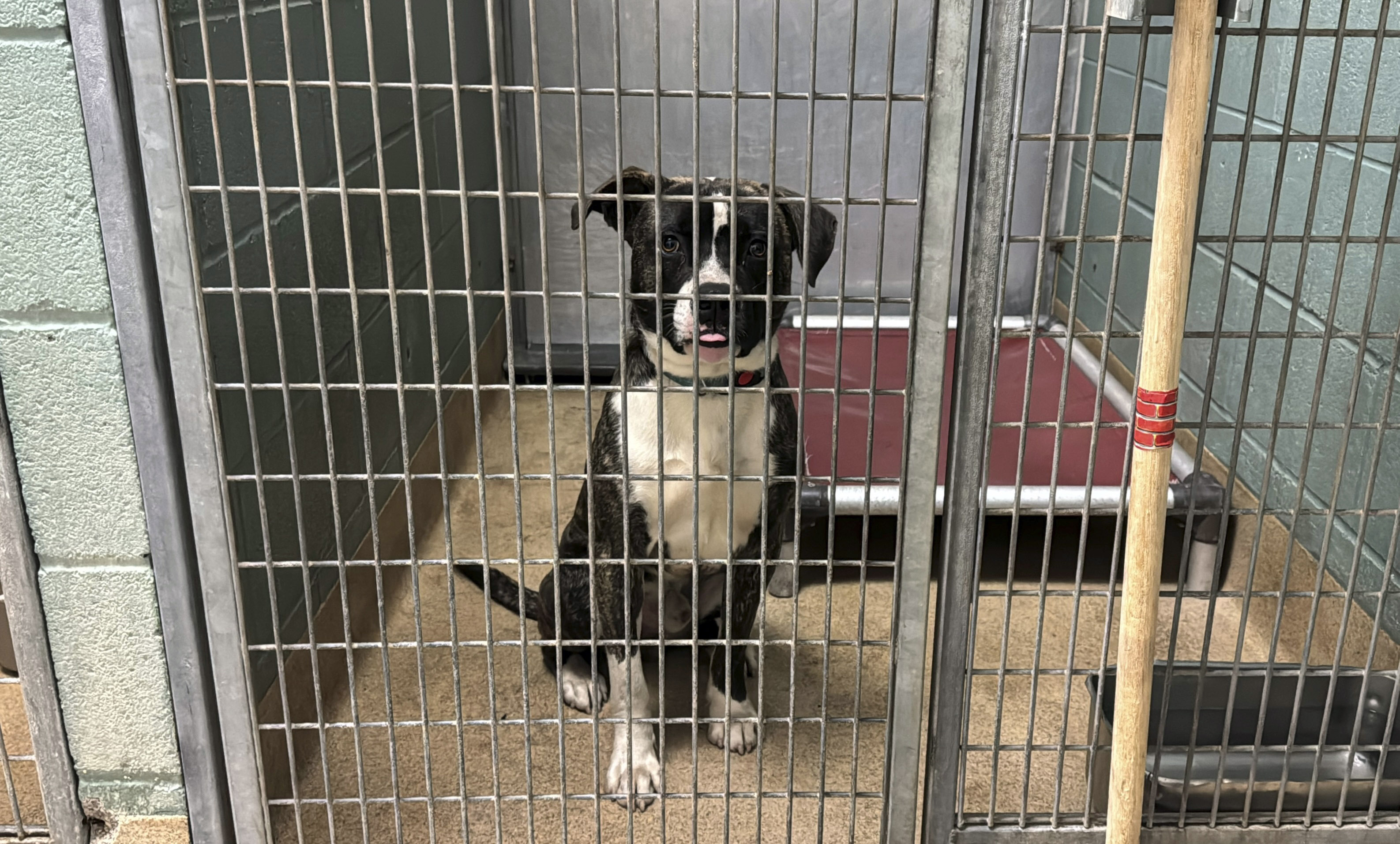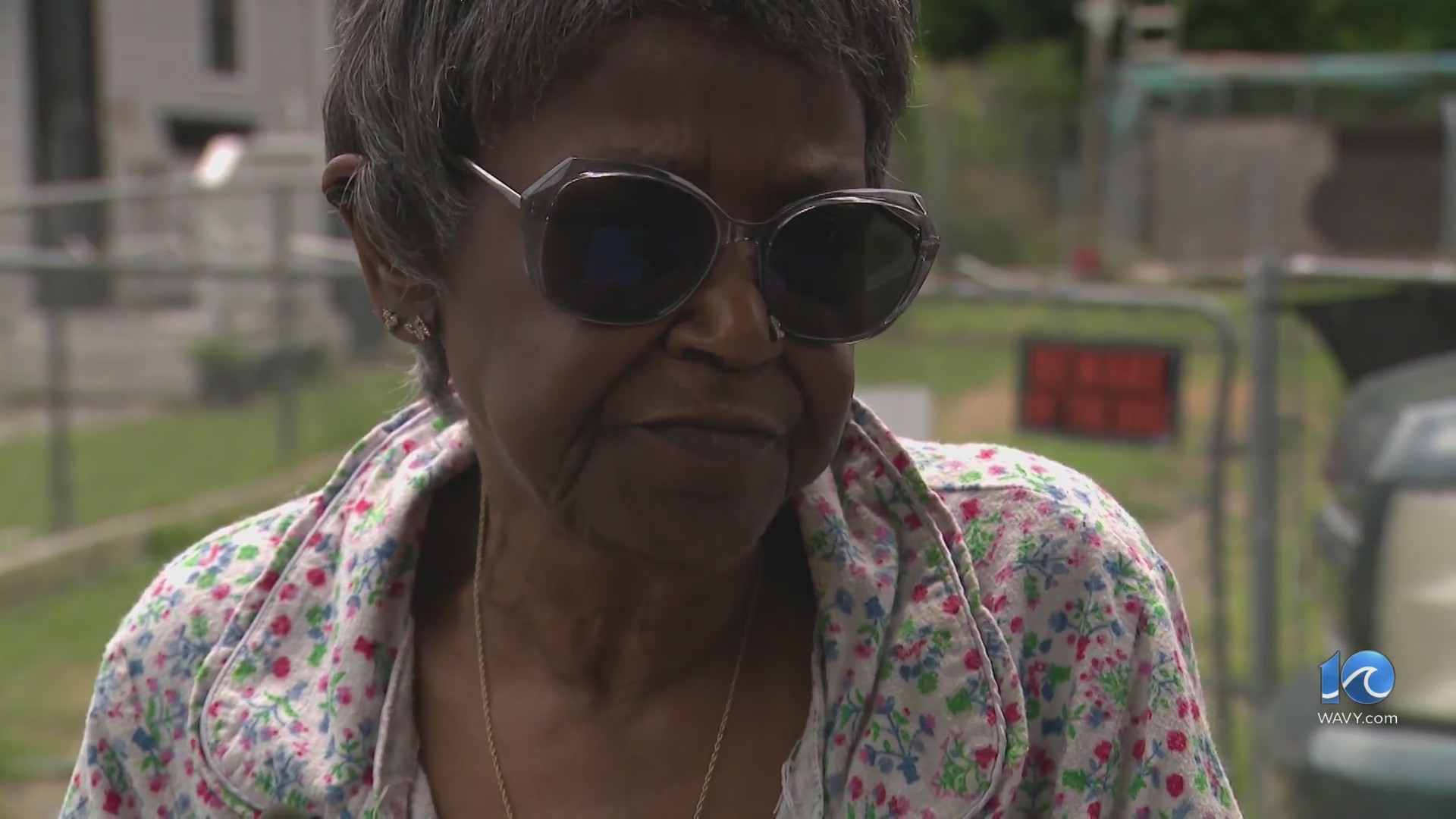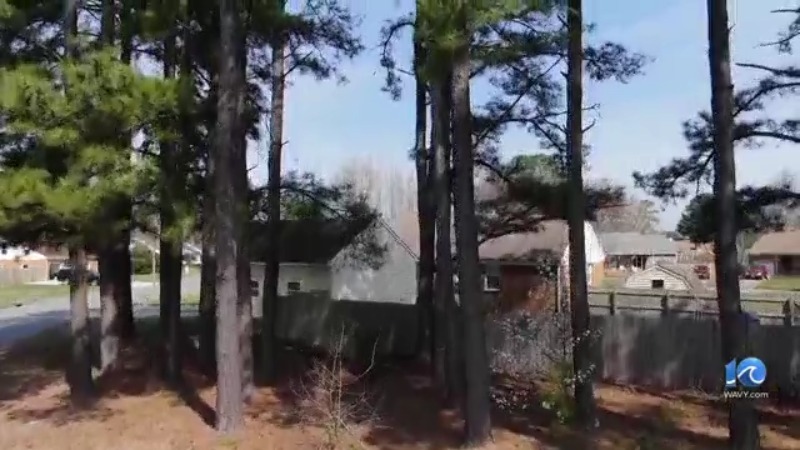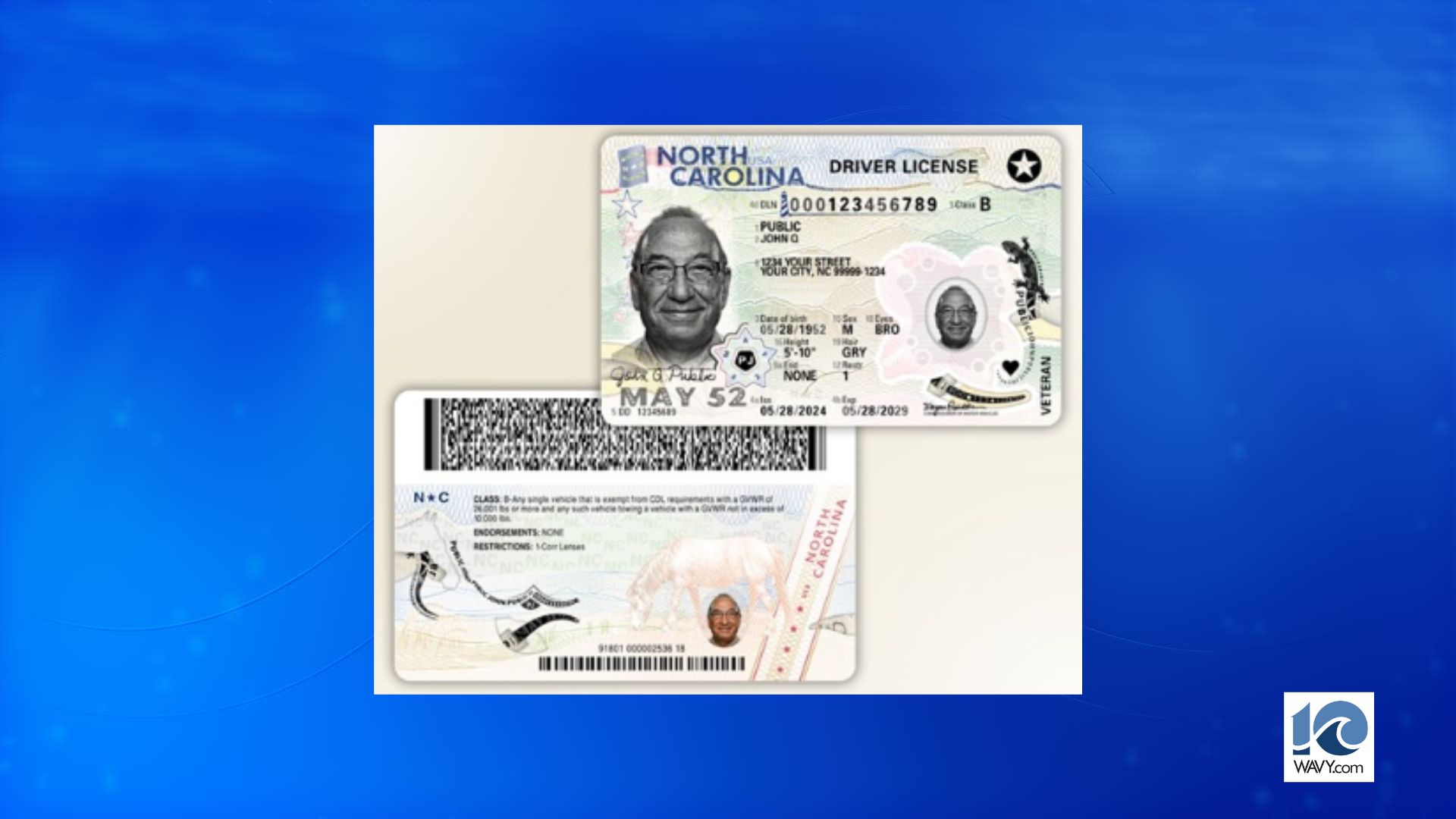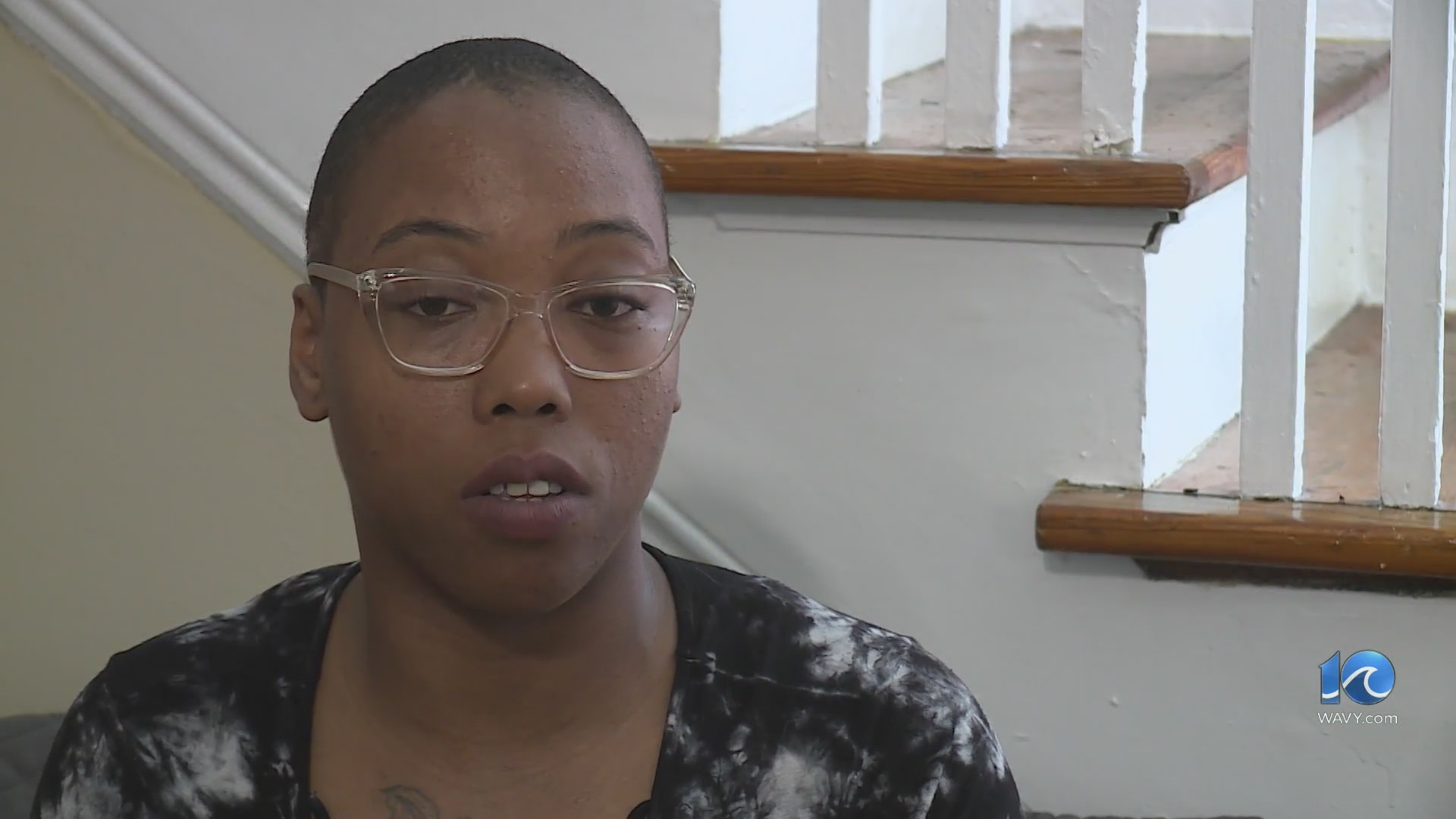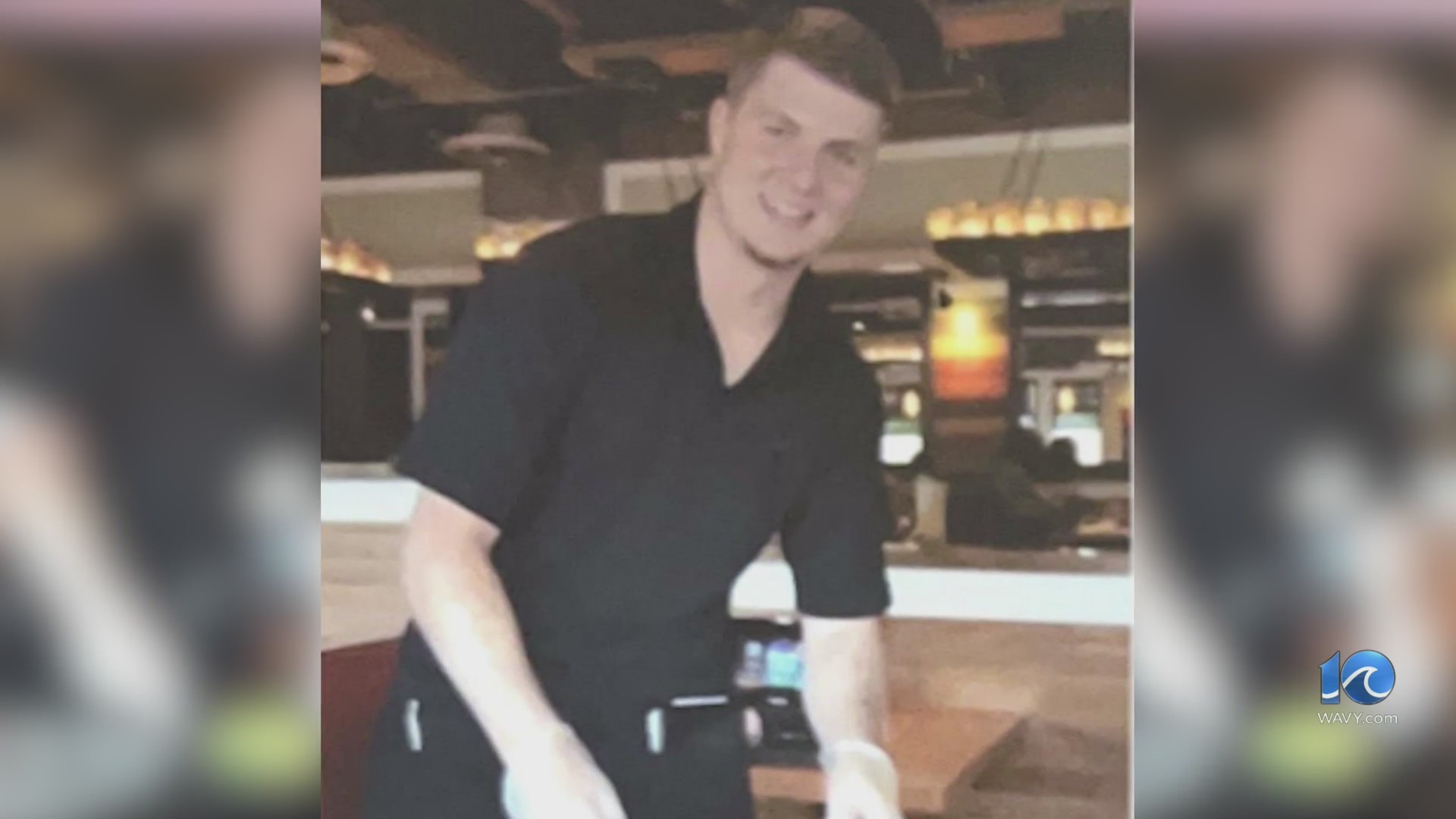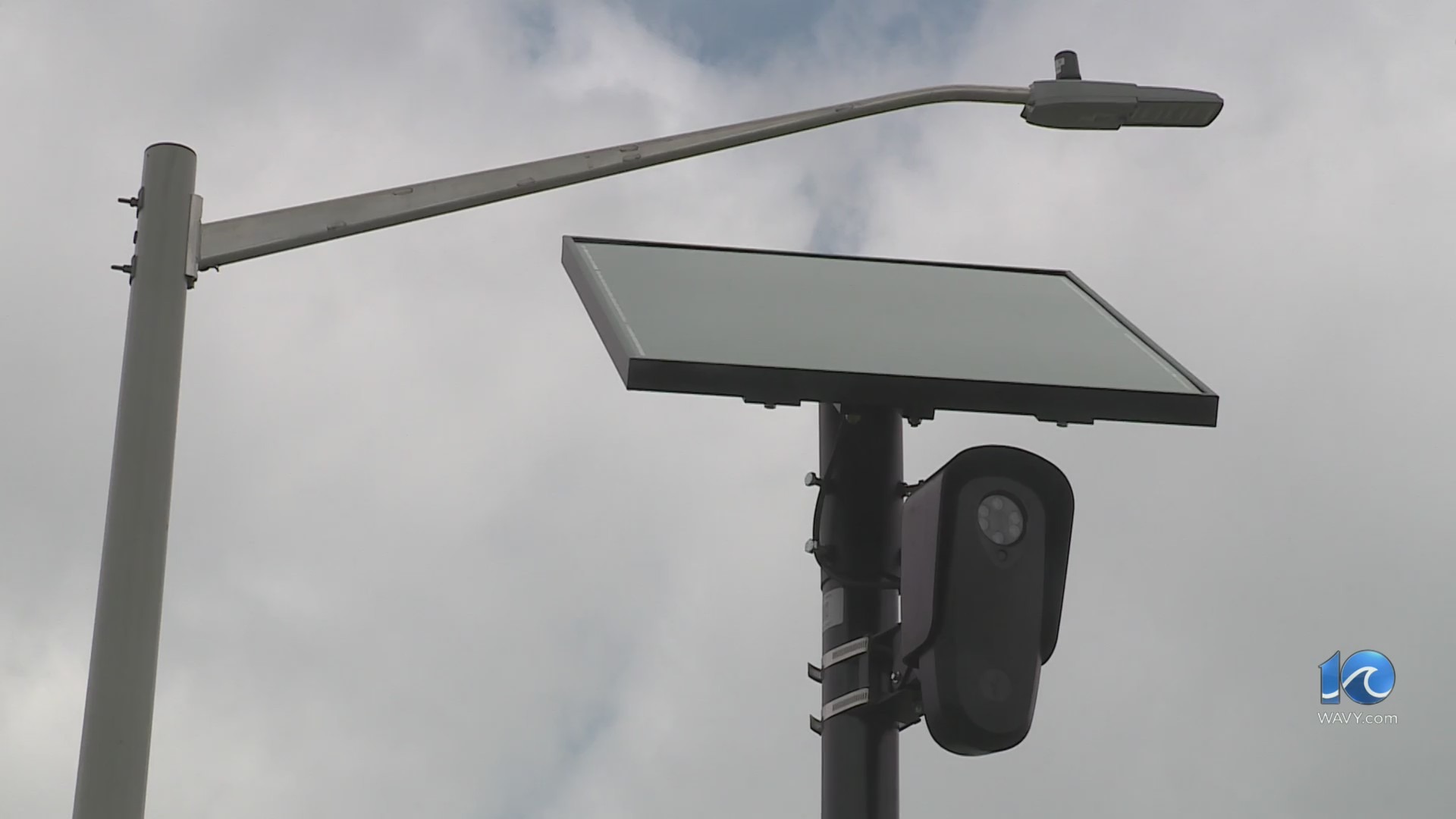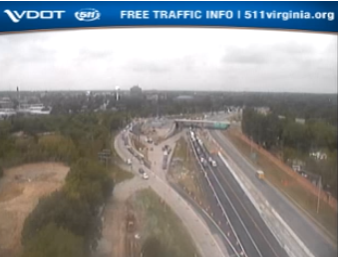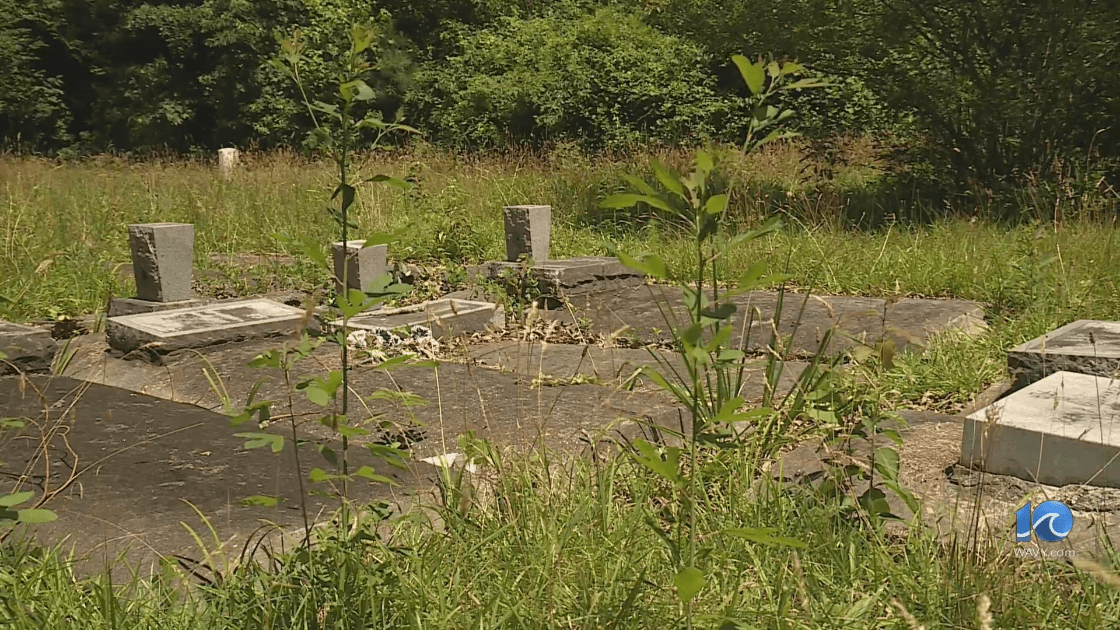NEW KENT, Va. (WAVY) — Take a stroll down New Kent Highway and you’ll see the Vaiden Inn.
But take a scroll down Airbnb, and you won’t see it listed.
Airbnb removed the Vaiden Inn listing last June, and as of Monday, it removed the better-known New Kent Ordinary next door as well.
Vaiden Inn owner Jessica Angel had listed with Airbnb ever since she and her mother bought the place in 2017.
“(We listed) right off the bat, as soon as the doors were open,” Angel said in a recent interview.
And then the popular website called her last June.
An Airbnb representative said the company checked census records and independent sources and found evidence that enslaved people both lived and worked on the Vaiden Inn property.
“It is definitely not true that my house was part of this plantation, as they say,” Angel said. “It was not true.”
Still, her bookings started falling.
“I had to explain to [my guests] what happened,” Angel said, “And I had to reassure them that we are 100% inclusive and had nothing to do with these allegations.”
Angel knows about inclusivity. The Vaiden Inn is an LGBTQ business.
“I’m all about inclusion and equal rights,” Angel said. “And so it shocked me when she had said that they were going to remove my listing because it violated their new policy.”
Airbnb had lumped Angel together with her next door neighbor, the New Kent Ordinary, saying the adjacent properties directly across the road from New Kent Courthouse were all part of the same land.
The Ordinary, an Old English term for a tavern, predates the Vaiden Inn by nearly a century back to the 1690s.
“I don’t think what happened to (the Vaiden Inn) is right,” said Pamela Radwani, the managing partner of the Ordinary.
Radwani found out Monday that it, too, had been removed from Airbnb, and the company confirmed that to WAVY, citing an “extensive investigation” in line with its policy.
“Our policies prohibit any listings on a former plantation where people who were enslaved lived or worked, if structures that existed during the time of slavery are still present,” an Airbnb spokesperson said in a statement. “We also prohibit the promotion of slavery-related elements as part of a listing description. The listing advertised an original slave quarters on the property.”
Angel responded to those claims in a Monday email.
“It was falsely believed that a structure on the property was a ‘slaves quarters,'” Angel said. “When I invested in the property in 2017, the description of the property and historic area surrounding included the wording ‘slaves quarters.’ So that was the wording in 2017 until I became the sole proprietor of Vaiden Inn in 2021.
“Shortly after, I completely took down the website, created a new website, and changed all listings for Vaiden Inn, removing any wording that even suggested there were ever enslaved people on or adjacent to Vaiden Inn. I did not want Vaiden Inn to be associated with that part of history and I had proof that the property did not have that part of heinous history.”
But Airbnb’s policy for removal is broader than just “slave quarters.” It can remove a listing if any structure — shed, pumphouse, etc. — that predates the Civil War remains on the property, if that property has ties to slavery.
An Airbnb spokesperson said the policy prohibits “any listings on a former plantation where people who were enslaved lived or worked, if structures that existed during the time of slavery are still present” and the removals of the Vaiden Inn and the New Kent Ordinary resulted from intensive investigation.
Airbnb’s statement went on to say, “The Vaiden Inn was removed following an extensive investigation, involving consultation with a variety of experts, including in historic preservation, which concluded that the listing violates our policies.”
An Airbnb representative estimated fewer than 50 listings have been removed since the policy was adopted in 2022, after a listing in Clarksdale, Miss. for a “slave cabin” created controversy for Airbnb.
“I think it’s unfortunate that people are being penalized for things that happened long before they acquired the property,” Radwani said.
The Ordinary’s nomination form for the National Register of Historic Places states that there is moderate-to-high potential that the Ordinary had enslaved African Americans living and working there.
Radwani disputes that.
“Not that we have ever read, and I’ve researched back to the time that this was built,” Radwani said, “[but] who can say for sure that none of these places had slaves?”
Angel took her case to the next level.
“I hired a company out of Washington, D.C., that specializes in historic mapping and research,” Angel said. “They found even more evidence to prove what I had already said.”
Her estimated loss of business is $100,000 and counting.
“All of a sudden this source of income was just gone, for what I feel is no reason,” Angel said. “The truth of it is, it’s not fair.”
Meanwhile next door, Radwani says about 90% of her bookings came from Airbnb.
According to New Kent County Virginia in 1863, by Dallas Oslin Jr., slaves were the majority of the population in New Kent County beginning with the first census (1790) through the last census prior to emancipation (1860). In 1790, slaves outnumbered free Whites 3,700 to 2,391. In 1860, the census counted 3,374 slaves vs. 2,146 free Whites.
With the removal of the Vaiden Inn last year and the New Kent Ordinary earlier this week, Airbnb has 13 remaining listings in New Kent County.




















































